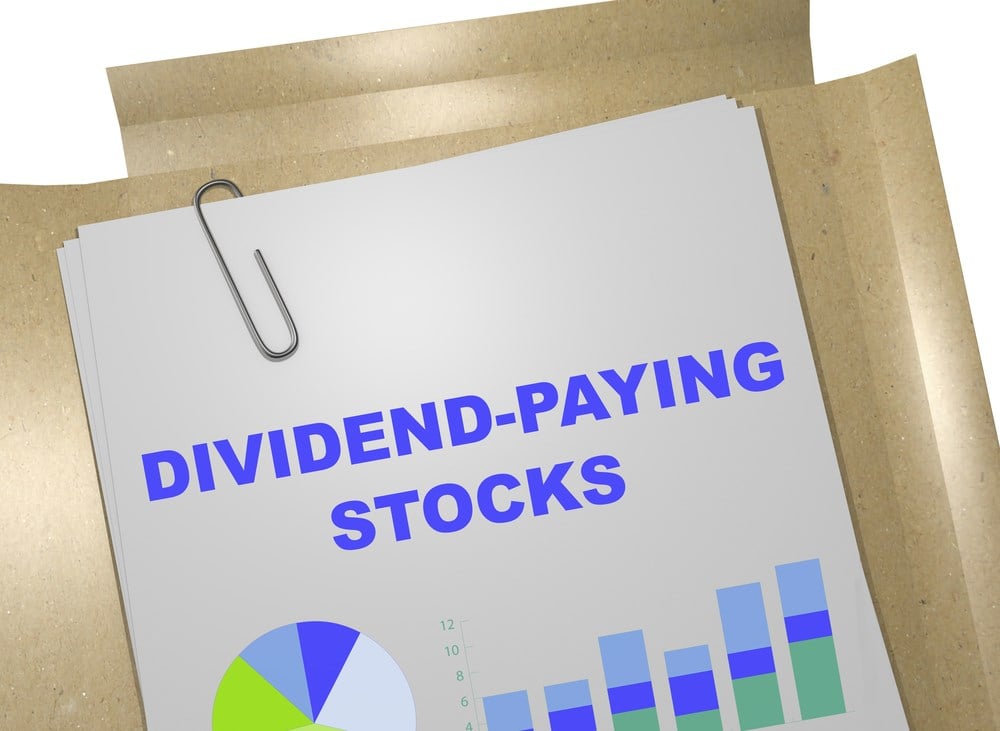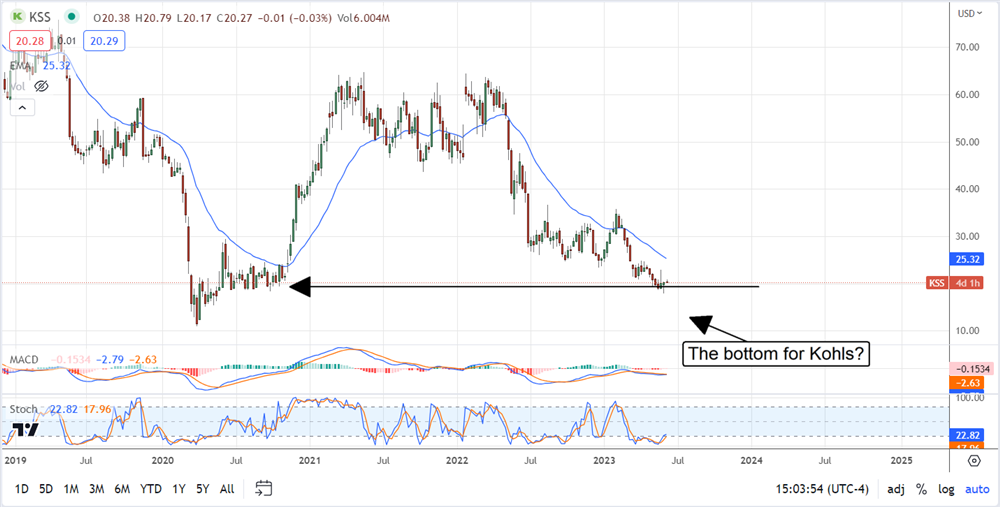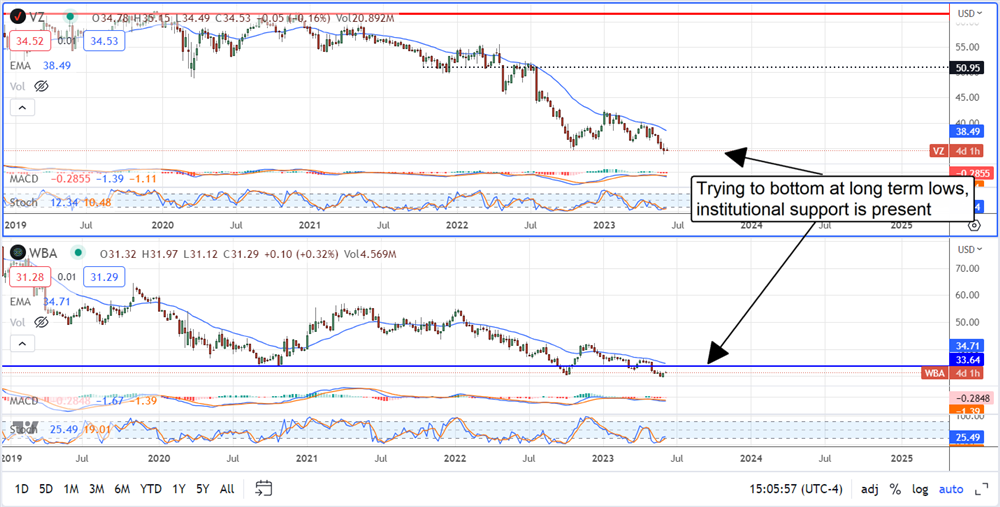
The way the institutions are flocking to values like Kohl’s (NYSE: KSS), Verizon (NYSE: VZ), and Walgreens Boots Alliance (NYSE: WBA), investors might begin to think the sell-side is preparing for interest rates to fall, share prices to rise, or both. These stocks are all beaten-down names that don’t have a robust outlook for share price rebounds but come with robust and sustainable dividends that pay a minimum of 6%.
If interest rates begin to fall, and there is a high probability that will begin later this year, investors may begin to move back into higher-yielding stocks like these, which would be a tailwind for price action.
The Institutions Commit To Kohls
The institutional data for Kohls is very telling, given the stock’s slide over the past few quarters. Despite the earnings pressure, the risk to the dividend and the increasingly difficult consumer environment, the institutions are buying Kohls, and their activity is ramping. The institutions have bought on balance for 7 of the last 8 quarters, and their buying began to ramp in Q1 2023. The activity in Q2 is the highest in 3 years and coincident with the pandemic bottom (where the price action is currently trading shares).
Kohls pays 10% in yield with shares near $20.25. That’s 10%. Double-digits and the cash flow is improving after a round of internal changes. The 2023 earnings outlook is enough to cover the dividend, and the payout ratio improves considerably based on the 2025 figures. The last earnings report was good; it included outperformance, increased guidance, and a commitment to continue paying the current dividend. Investors shouldn’t expect dividend increases, but sustained payments, earnings, and improvement of balance sheets will lift the price action over time. Until then, the analysts are narrowing their targets and have the consensus estimate for share prices pegged at $27.88 or about 37% of upside.

Verizon: Oversold And Divergent With Institutional Support
Verizon yields about 7%, with shares touching 12-year lows. The move lower is due to a lack of growth in an uncertain macroeconomic environment, but the payout is reliable. The company is paying about 50% of its earnings and has solid cash flows to cover operations, so there are no major worries to keep investors up at night. The institutions are also buying the stock and have ramped up their activity in 2023. The institutions only own about 61% of this name, but it is widely held compared to Kohls's. They’ve bought on balance for 7 of the last 8 quarters and only turned bearish on balance in Q2. Even so, selling is more evenly matched to buying than not, and the balance may shift after the next earnings report.
A decline in analysts' sentiment has helped Verizon shares get to where they are, but the move is overdone. The lowest price target less than a year old is $37 and above the recent price action near $34.50. This, along with oversold and divergent indicators, suggests a rebound could happen at any time and be vigorous given the proper catalyst.
Walgreens Boots Alliance: A Big Ship To Turn
Walgreens Boots Alliance isn’t out of the weeds but is affecting a turnaround. That should help lift the stock price over time; until then, the company is paying more than 6% in yield, and the institutions are buying it up. The institutions own about 56% of the stock on top of the 17.5% owned by insiders and large holders. They’ve bought on balance for 3 consecutive quarters and helped the market form a bottom from which it may rebound. The next visible catalyst is the Q2 earnings report due at the end of June.
The analysts rate the stock at Hold and see about 37% of upside for the market. The consensus figure is still edging lower than last year but has flattened compared to last month and last quarter, which is a good sign. The news to watch for in the release is the guidance; cost control efforts should help boost the margin outlook, and any signs of revenue strength will be taken as a bonus. Until then, WBAs 6% yield is reliable and only 47% of the earnings outlook. The company is also a near-Dividend King, which adds an element of safety to the distribution forecast.






